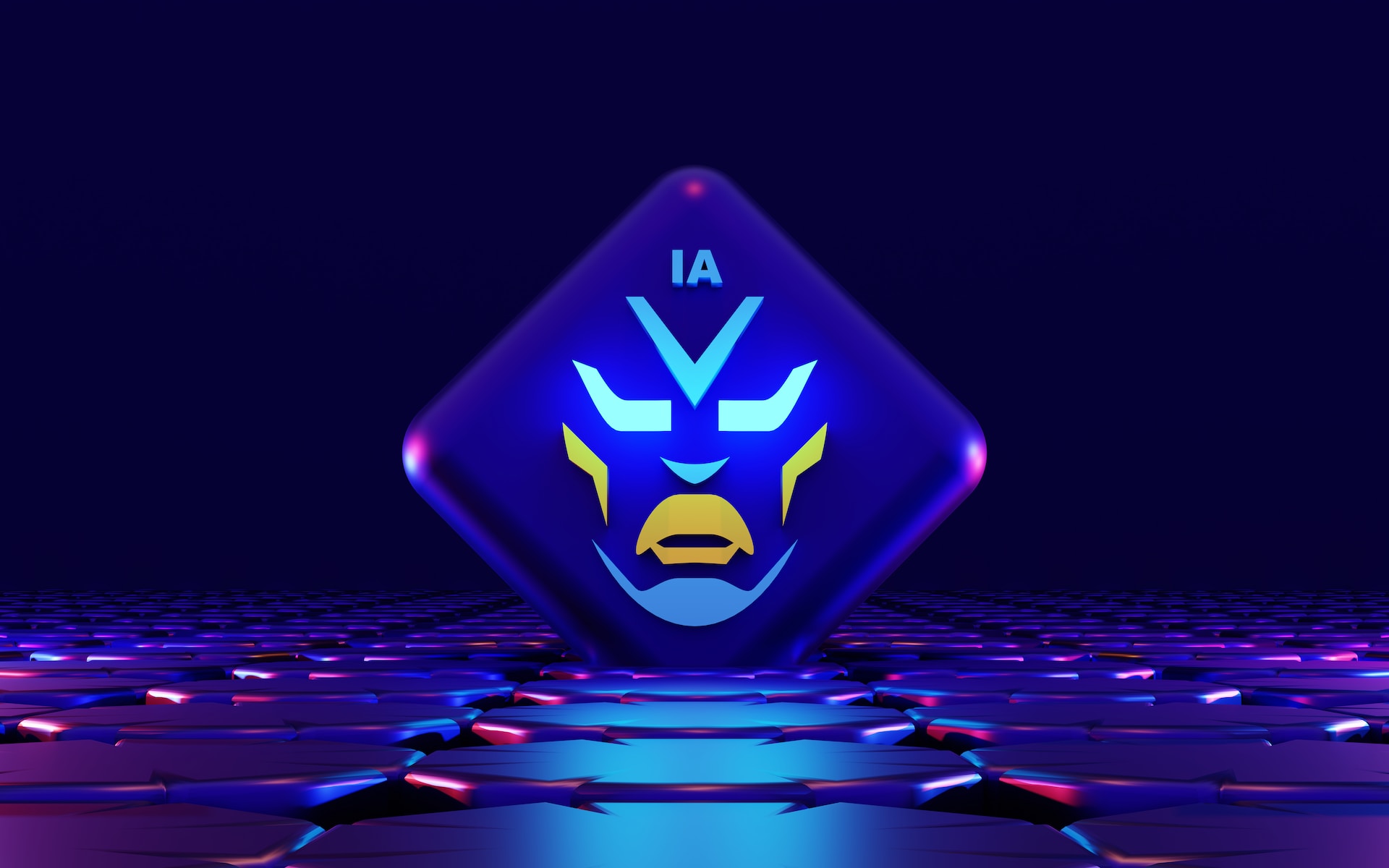According to AI experts, AI systems are designed to perform specific tasks based on data and algorithms. They lack the self-awareness and autonomy necessary for sentience, which requires a consciousness and a sense of identity. In other words, AI systems do not possess the ability to think, reason, or feel emotions in the same way as human beings.
The myth of AI sentience is a result of both the media and creators who often use anthropomorphic language to describe AI systems. For example, words like “learn,” “understand,” and “think” are frequently used to describe AI, giving the impression that the machine is capable of processing information in the same way as humans.
Additionally, some creators intentionally use anthropomorphic language as a marketing tactic to make AI more appealing to consumers. The use of names, personalities, and human-like appearances in AI products further reinforces the misconception of AI sentience.
This has led to unrealistic expectations and fears about AI. Many people believe that AI will surpass human intelligence and eventually take over the world, a scenario that has been portrayed in countless science fiction movies. Others fear that AI will replace human workers and lead to mass unemployment.
However, experts argue that these fears are unfounded. AI is designed to complement human abilities, not replace them. AI systems are not capable of making decisions or taking actions without human input and oversight. They are tools that can help humans perform tasks more efficiently and accurately.
Moreover, the fear of AI surpassing human intelligence is based on the assumption that intelligence is a single, monolithic entity. In reality, intelligence is complex and multifaceted, encompassing a wide range of skills and abilities. AI systems excel at tasks that require processing large amounts of data quickly, but they lack the creativity, critical thinking, and emotional intelligence that are essential to human intelligence.
In conclusion, the myth of AI sentience is a result of human misconceptions and the language used to describe AI systems. The portrayal of AI as sentient beings in the media and marketing only reinforces this misconception. AI experts argue that this misconception is harmful and can lead to unrealistic expectations and fears about AI. It is important to understand the limitations of AI and view it as a tool that can enhance human abilities, rather than as a replacement for them.




